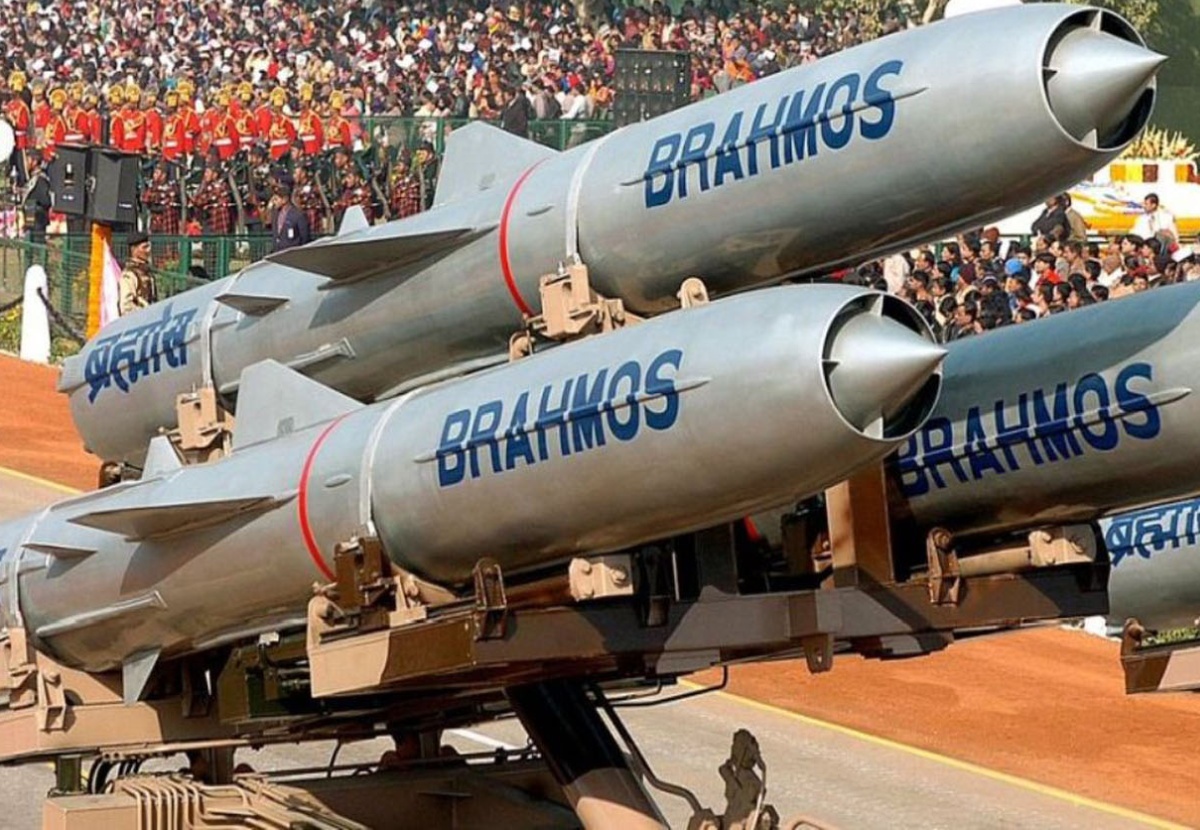
by Awais Abbasi 11 March 2023
Indian aggression and hostility towards Pakistan is infamous, more so, since the BJP government took over power, the rhetoric followed by policies has turned further hostile. On 9 March 2022, a nuclear warhead capable Indian missile fell in Pakistan triggering concern for confrontation and causing an immediate uproar in media. Indian authorities tried to cover the incident and later attempted to deceive by scapegoating low level officials through a court of inquiry.
Let that sink in, a nuclear warhead capable missile is launched from India; any such attack offers absolutely no reaction time to Pakistan for deliberation on counter strike. The maturity of response from Pakistani leadership even after decade’s long conflict, multiple wars and hostile strategic environment speaks well about the strategic culture.
India terming the incident as an “accidental launch” and sacking of three Air Force officers being negligent is itself evidence against Indian ineptness and non-serious attitude in dealing with highly lethal weapons. This raises concern about the security and safety of strategic weapons. The fact that Brahmos, a delivery system designed to carry nuclear bomb was accidently shot towards Pakistan. The implications for claims of effective command and control are for the whole world to ponder.
Pakistan’s commendable response aside, such serious incident warrants comprehensive investigation of the incident while a wholesome audit of security and safety of Indian nuclear regime is also required. Pakistan has been requesting a thorough inquiry but Indian side has been deflecting demands of joint / impartial inquiry fearing unearthing of myriad technical blunders on its part.
As per Joint Doctrine for the Indian Armed Forces – 2017, authorization for launch of nuclear weapons can only be done by the PM who heads India’s Nuclear Command Authority (NCA), whereas, so call accidental launch of nuclear capable BrahMos missile by low level Indian Air force officers itself questions the safety & security mechanism of Indian strategic assets.
A farce of an inquiry was conducted and a sham report was produced. The inquiry report lacks transparency for not raising the crucial question of agreed codes needed to be sent over several separate communication channels in order to ensure that the officer in-charge can confirm if it is an authentic order. New Delhi did not even bother to create an impression of an investigation. It was an exercise in age old Indian tradition of ‘paper inquiry’.
Pakistan has expressed serious reservations on the investigation and regretted Indian decision not to conduct joint exercise. Pakistan’s rejection of the report can be questioned for bias being a victim but such a serious breach of security protocol should be a grave matter of concern for Indian strategic community and public at large. The fact that such incident took place that too at the height of Indo-Pak hostilities and no one bats an eye.
- The Indian Army has already inducted 3 x Regiments of BrahMos along the borders with Pakistan and China. A fourth BrahMos regiment has also been given a green light to be inducted. The BranMos missile crisis of March 2022 also suggests that nuclear-capable Indian missiles are already deployed in launch on command positions vis-à-vis Pakistan; hence, the move gives the impression of litmus test of checking Pakistan’s response
There is also a strong notion that India may be drifting away from its No First Use Doctrine. Recent statements from New Delhi suggest a robust deliberation going on to amend the perceived No First Use doctrine. The nuclear posturing is an important exercise to signal change in intention, capacity, and capability to adversary. Statements from Indian political and military leadership indicate the seriousness of the issue.
Coupled with large missile inventory and Ballistic Missile Defence System (BMD), BrahMos could provide a false sense of security and tempt India to consider a disarming first strike against Pakistan in the future. This would be operational and strategic miscalculation and would definitely mean a regional nuclear showdown. New Delhi needs to craft a very careful strategy and adopt a stringent command and control regime of nuclear assets.
Testing Pakistan’s deterrence capacity and looking for ways to uncover gaps in Pakistan’s military and nuclear policy might be the objective but; Pakistani air defense was in complete control of the situation. Whatever the intentions may be, it is incumbent for Pakistani leadership is to show resolve.
